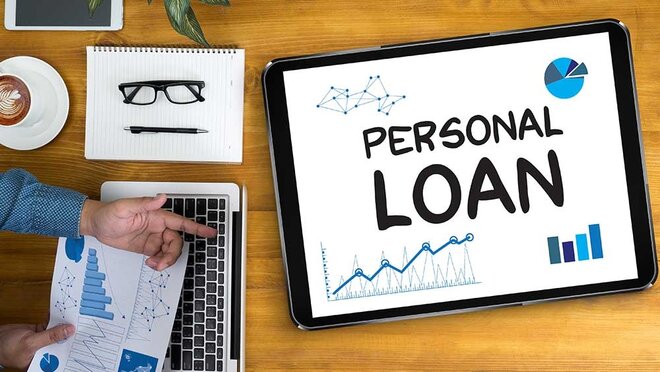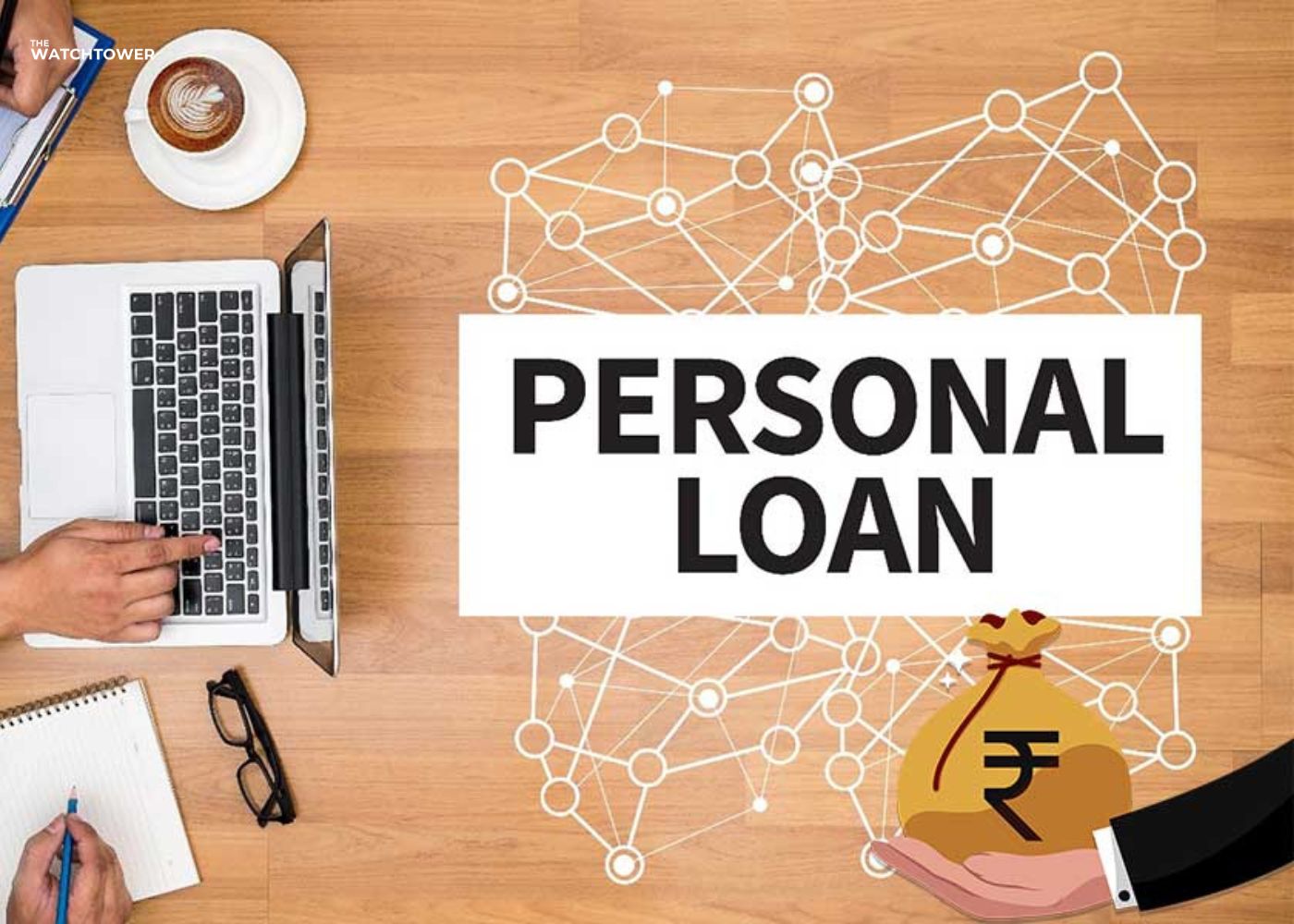PERSONAL LOANS
Personal loans are unsecured loans that individuals in India can avail of to meet various financial needs. These loans are typically offered by banks, non-banking financial companies (NBFCs), and other lending institutions. Here's some information about personal loans in India:
-
Eligibility Criteria: The eligibility criteria for a personal loan in India may vary from one lender to another. However, common factors include the applicant's age, income, employment status, credit score, and existing financial obligations.
-
Loan Amount: The loan amount you can avail of depends on your eligibility and the lender's policies. It typically ranges from a few thousand rupees to several lakhs.
-
Interest Rates: Personal loan interest rates in India can be fixed or floating, and they vary across lenders. Interest rates can be relatively high for personal loans compared to secured loans like home loans or car loans.
-
Tenure: The repayment tenure for personal loans in India can range from a few months to several years. It depends on the lender's policies and the loan amount.
-
Documentation: To apply for a personal loan in India, you'll need to provide documents such as identity proof, address proof, income proof, bank statements, and passport-sized photographs.
-
Credit Score: A good credit score is crucial for getting a personal loan at a favorable interest rate. Lenders use your credit score to assess your creditworthiness.
-
Processing Fees: Lenders may charge a processing fee, which is a one-time fee to process your loan application. This fee varies from lender to lender.
-
Repayment Options: You can typically choose between equated monthly installments (EMIs) or flexible repayment options.
-
Online Application: Many lenders offer the option to apply for personal loans online, making the process convenient and time-efficient.
-
End-Use Flexibility: Personal loans in India can be used for various purposes, including medical emergencies, education expenses, travel, wedding expenses, debt consolidation, or any other legitimate financial need.
-
Credit Score Impact: Ensure timely repayment of your personal loan as it affects your credit score. A good repayment history can positively impact your credit profile.
-
Default Consequences: Failing to repay a personal loan can lead to legal action and can adversely affect your credit score, making it challenging to access credit in the future.
-
Secured vs. Unsecured: Personal loans are unsecured, meaning you don't need to provide collateral. This can be an advantage, but it also means higher interest rates compared to secured loans.
It's important to compare various lenders, interest rates, processing fees, and terms and conditions before applying for a personal loan in India. Always ensure you can comfortably manage the EMI payments before taking on this financial obligation. Additionally, be cautious of predatory lending practices and choose a reputable lender when seeking a personal loan


